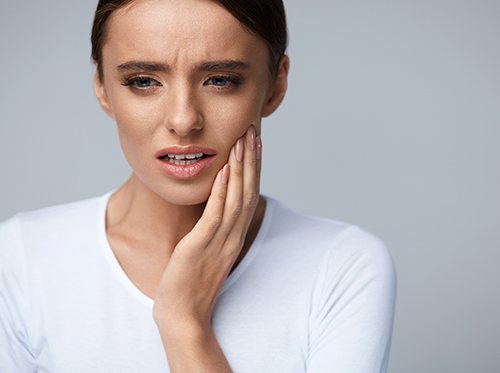Should You Be Concerned about Your Child’s Bad Breath?
November 5th, 2025

The short answer to this question? Yes. Because your child’s breath is a reflection of his or her oral health, you should talk to Drs Julie Bailey, Jacob Woods, Marci, Glenn, and Brian Beck if you notice any unpleasant changes. While better dental hygiene is usually the answer for young children, bad breath can also be a symptom of more serious problems.
Oral Hygiene
Most often, bad breath is simply a sign that your child needs a little help developing proper brushing and flossing habits.
- Show your child how to use a soft-bristled brush that fits in the mouth comfortably, be sure to brush all the surfaces of each tooth, and don’t forget to angle toward the gum line. And brush long enough. Once all the baby teeth have arrived, two minutes of brushing is usually recommended for children.
- It’s not too early to floss! Adults need to handle the flossing duties for children until they can manage on their own, so it’s a perfect time to teach technique. And, just like toothbrushes, floss should be flexible and soft.
- Don’t forget the tongue. Our tongues harbor the bacteria that cause bad breath, so finish off your child’s routine with a gentle brush of the tongue.
Better oral habits mean not only fresh breath, but give those baby teeth the best chance of staying healthy until they are naturally replaced by adult teeth. After all, baby teeth not only help your child learn to eat and speak properly, but they act as necessary placeholders so the permanent teeth are able to erupt in exactly the right spot.
Talk to a member of our Tallahassee, FL office team at your child’s next appointment if you are concerned about oral hygiene–they have many great suggestions for making brushing and flossing more efficient, comfortable, and even fun for your child.




 Website Powered by Sesame 24-7™
Website Powered by Sesame 24-7™